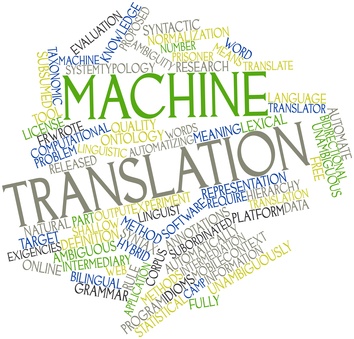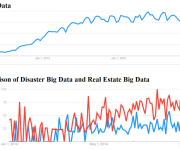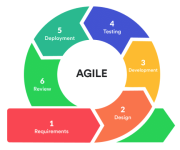Big Data: The Future of Translation industry

It is known that online consumers have an estimated spending power of $50 trillion, according to Common Sense Advisory. Today English speakers represent about one-third of Internet users. To reach the most of the consumers, companies have to reach beyond the English language and translate the content into other languages.
Companies are spreading their business around the world and managing the websites in different languages. People are learning new foreign languages when migrating or studying in other countries. Students are showing interest in learning the languages like Russian, French, Spanish, German, Latin, Chinese and other. Several portals like Preply.com are offering online language courses and you can learn Latin language from the professional Latin tutors.

The benefits of big data in translation
Companies are spending a lot on Big data to evolve the translation industry and they begin to understand how to better utilize their resources. Big data gives ample opportunity for the organizations to analyze vast data to identify and predict key trends such as the demand of language. Now companies are investing on artificial intelligence, machine learning and chat bots to revolutionize the services. With Big data technology companies can accurately compare the disparity between machine translation (MT) and human translation. Businesses can resolve their previous mistakes and can increase productivity across the industry to create new benchmarks. Big data is changing the language industry as Machine translation is becoming popular.

























